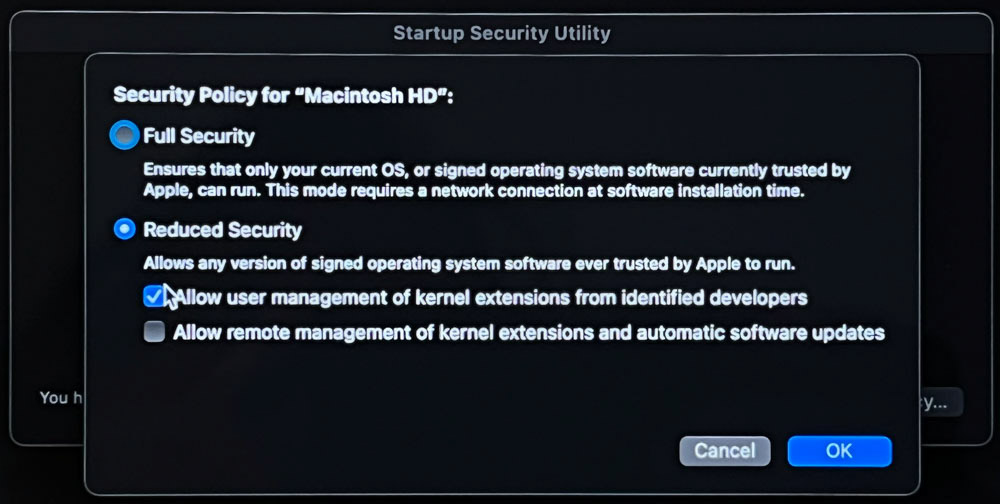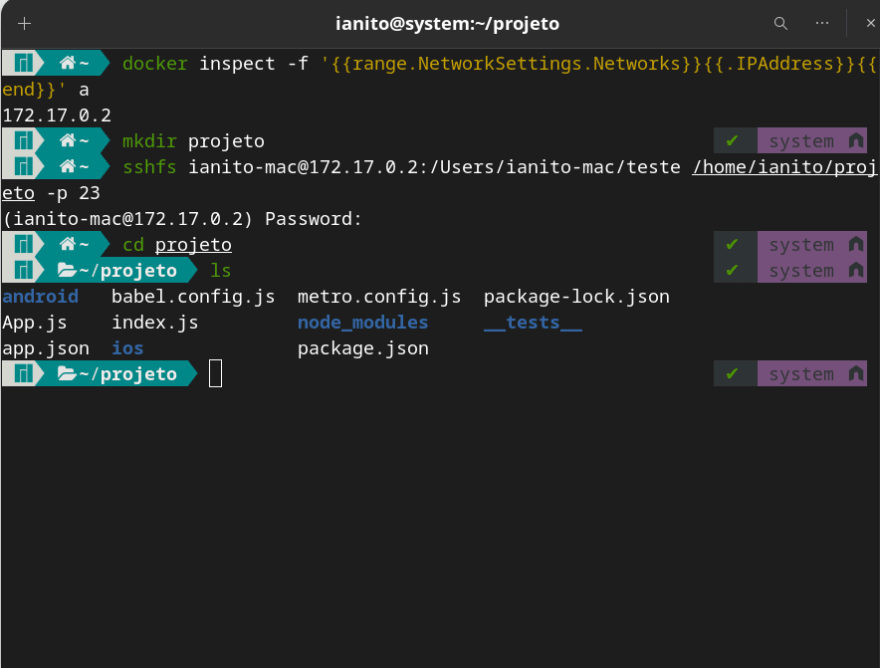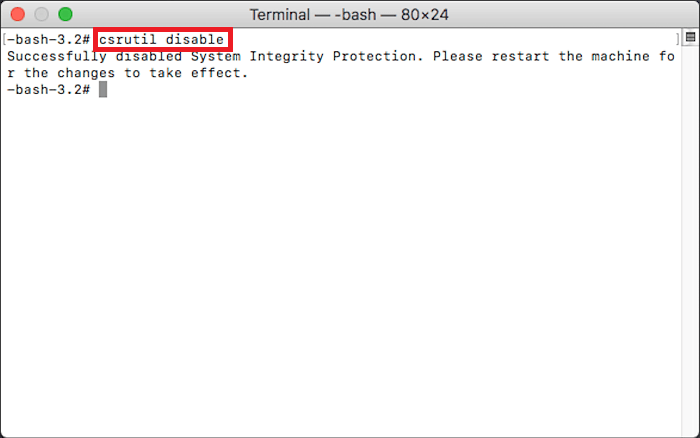
- Brew install macfuse how to#
- Brew install macfuse install#
- Brew install macfuse software#
- Brew install macfuse code#
Brew install macfuse code#
The filesystems repository contains source code for several exciting and useful file systems for you to browse, compile, and build upon, such as sshfs, procfs, AccessibilityFS, GrabFS, LoopbackFS, SpotlightFS, and YouTubeFS.
Brew install macfuse install#
If you prefer another language (say, Python or Java), you should be able to create file systems in those languages after you install the relevant language bindings yourself. The error message says that sshfs can't be installed because it needs macFUSE (which I already have installed) and that macFUSE is closed source. So I tried to install sshfs using brew and it won't install ( 1654 ).

It comes with C-based and Objective-C-based SDKs. It appears that sshfs isn't included in macFUSE anymore.

Brew install macfuse software#
The macFUSE software consists of a kernel extension and various user space libraries and tools. Therefore, many existing FUSE file systems become readily usable on macOS. It provides multiple APIs, one of which is a superset of the FUSE API (file system in user space) that originated on Linux. In more technical terms, FUSE implements a mechanism that makes it possible to implement a fully functional file system in a user-space program on macOS. Since FUSE file systems are regular applications (as opposed to kernel extensions), you have just as much flexibility and choice in programming tools, debuggers, and libraries as you have if you were developing standard macOS applications. Writing a file system using FUSE is orders of magnitude easier and quicker than the traditional approach of writing in-kernel file systems. The content of these file systems can come from anywhere: from the local disk, from across the network, from memory, or any other combination of sources. Legacy MacFUSE file systems are supported through the optional MacFUSE compatibility layer.Īs a developer, you can use the FUSE SDK to write numerous types of new file systems as regular user space programs. Sudo ln -sfn /Library/Java/JavaVirtualMachines/ allows you to extend macOS's native file handling capabilities via third-party file systems.Īs a user, installing the macFUSE software package will let you use any third-party FUSE file system. For the system Java wrappers to find this JDK, symlink it with The response text look something similar to. Now, in case you do not see the java version in /usr/libexec/java_home as expected and the version selection of that missing version is not working, you might need to add a symlink:Įxecuting brew info return the location of the installed version and will specify a symlink command that you should run for the system to find the SDK. You can further export the JAVA_HOME variable in your shell init file as speciifed in the attached SOF thread. Now you can select the java version using:Įxport JAVA_HOME=`/usr/libexec/java_home -v 8` You should see the two versions specified in the response (if not, read further to create a symlink). Install two java versions (change java versions as pleased):īrew install install the following command to see the installed versions: You can use brew to install multiple java versions and run a command to switch between the versions as required.

Immediately after rebooting, go to System.

Brew install macfuse how to#
bash_profile EXPORT JAVA_HOME=$(/usr/libexec/java_home)Īssembled from the answers here and How to set or change the default Java (JDK) version on macOS?: Postlab says macFUSE not loaded, or I dont see an Allow button in System Preferences 1. To fix that I added the following line to my. The other issue I had was that Elasticsearch was not recognising my JAVA version. I then ran the code below, which I took from the output above: sudo ln -sfn /usr/local/opt/openjdk/libexec/openjdk.jdk /Library/Java/JavaVirtualMachines/openjdk.jdk If you need to have openjdk first in your PATH, run:Įcho 'export PATH="/usr/local/opt/openjdk/bin:$PATH"' > /Users/gerarddonnelly/.bash_profileįor compilers to find openjdk you may need to set:Įxport CPPFLAGS="-I/usr/local/opt/openjdk/include" Openjdk is keg-only, which means it was not symlinked into /usr/local,īecause macOS provides similar software and installing this software in Sudo ln -sfn /usr/local/opt/openjdk/libexec/openjdk.jdk /Library/Java/JavaVirtualMachines/openjdk.jdk And it will display the following which shows your file path: For the system Java wrappers to find this JDK, symlink it with


 0 kommentar(er)
0 kommentar(er)
